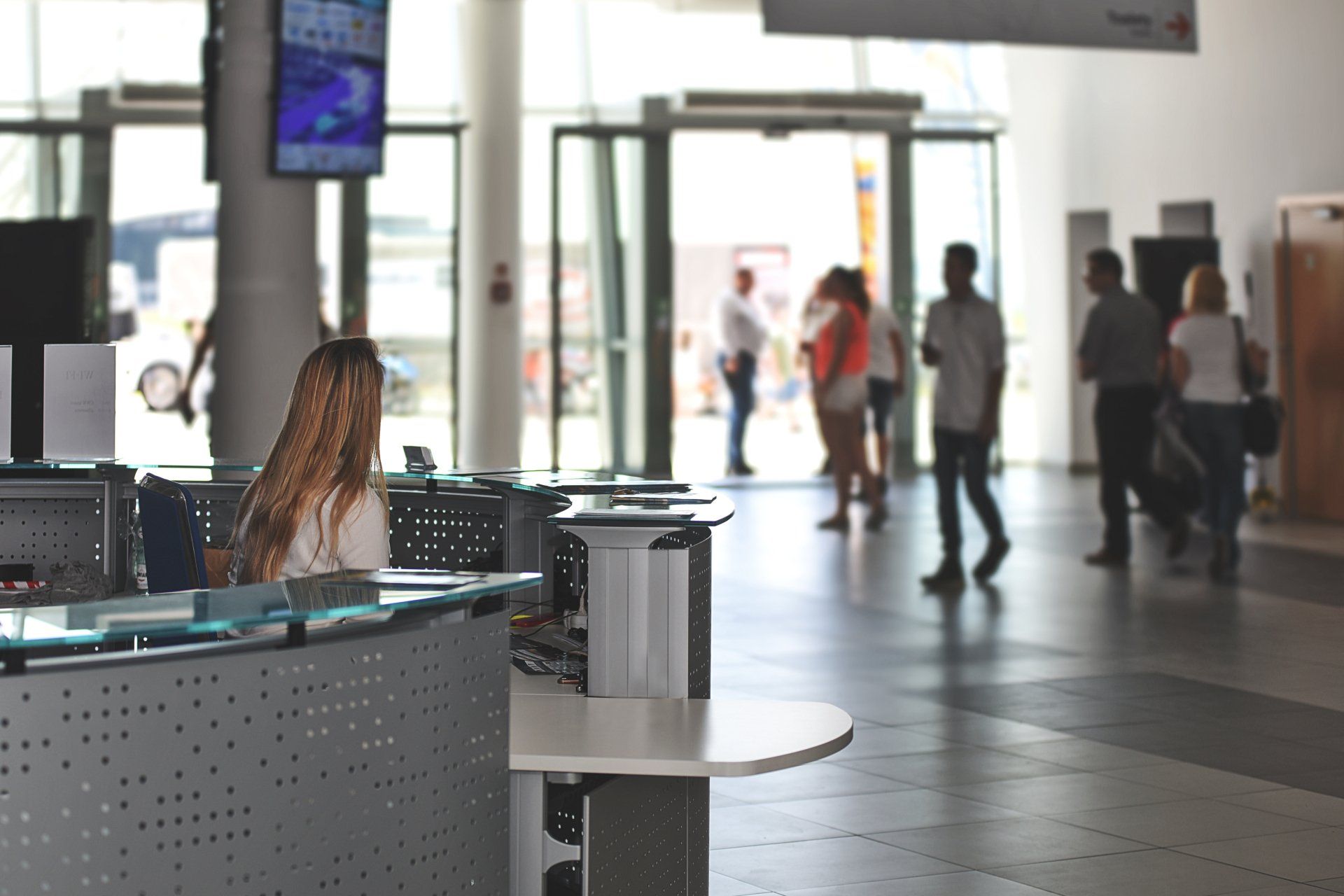Choosing the Perfect Office Setup: Virtual or Traditional?
The way we work has evolved significantly in recent years, and one of the most significant shifts has been the rise of virtual offices. With technology enabling greater flexibility and remote work becoming the norm rather than the exception, businesses now face a crucial decision: should they stick with the traditional office model, or embrace the virtual office concept? In this blog post, we'll explore the pros and cons of each option and share some real-world anecdotes to help you decide which is the best fit for your business.
Pros of a Traditional Office
- Team Collaboration: Traditional offices have long been synonymous with face-to-face interaction. They provide a physical space where employees can meet, brainstorm, and collaborate effortlessly.
- Established Work Culture: A physical office space often fosters a sense of belonging and shared culture among employees, making it easier to reinforce company values and maintain a cohesive team.
- Separation of Work and Home: For some employees, having a distinct place to work can improve work-life balance by creating clear boundaries between professional and personal life.
Anecdote #1: 'The Watercooler Wisdom'--
Samantha, a project manager at a marketing agency, recalls how a spontaneous chat at the office watercooler led to a breakthrough idea for a client's campaign. "We'd been struggling with a creative block for weeks," she says. "But that day, during a casual conversation in the break room, someone threw out an idea that turned everything around. That's the kind of magic that happens in a traditional office."
Cons of a Traditional Office
- Commute and Overhead Costs: Renting or owning office space can be costly, not to mention the time and money employees spend commuting to work.
- Limited Flexibility: Traditional offices may struggle to adapt to unexpected changes like a pandemic or natural disaster, which can disrupt business operations.
- Top Talent Constraints: Limiting your search for talent to a specific geographical area may result in missing out on exceptional individuals who can only work remotely.
The Virtual Office:
A New Frontier of Flexibility
Pros of a Virtual Office
- Cost Efficiency: Virtual offices significantly reduce overhead costs associated with physical spaces, including rent, utilities, and maintenance.
- Global Talent Pool: With a virtual office, you can recruit the best talent from around the world, harnessing diverse skill sets and perspectives.
- Flexibility and Work-Life Balance: Employees have the freedom to work from their preferred locations, which can enhance work-life balance and boost job satisfaction.
Anecdote #2:
'The Global Expansion'--
Alex, the CEO of a small software startup, shares his experience: "Our transition to a virtual office allowed us to expand our team globally. We now have developers from four different countries working seamlessly together. This diversity has driven innovation and helped us grow faster than we ever could have with a traditional office."
Cons of a Virtual Office
- Communication Challenges: Virtual teams may face communication hurdles, such as time zone differences and reliance on technology for collaboration.
- Loss of In-Person Interaction: While virtual tools can facilitate communication, some spontaneous interactions and personal connections may be lost.
- Security and Privacy Concerns: Virtual offices require robust cybersecurity measures to protect sensitive data, which can be a challenge for smaller businesses.
Which is Right for Your Business?
The decision between a virtual office and a traditional office ultimately depends on your business's unique needs, culture, and goals. Consider the following factors when making your choice:
Nature of Work: Some industries and roles thrive in a traditional office setting, while others, such as tech startups and freelancers, often benefit from the flexibility of a virtual office.
- Company Culture: Think about the kind of culture you want to foster. If you value face-to-face interactions and a strong sense of community, a traditional office may be the better fit.
- Cost Considerations: Analyze your budget carefully. Virtual offices can be cost-effective, but they require robust digital infrastructure.
- Employee Preferences: Survey your team to understand their preferences and needs. Some may thrive in a virtual environment, while others may prefer the structure of a traditional office.
In the end, the right choice may not be one-size-fits-all. Hybrid models, which combine elements of both virtual and traditional offices, are becoming increasingly popular, allowing businesses to strike a balance that suits their unique circumstances.
Whether you choose a virtual office, a traditional office, or a blend of both, remember that the key to success lies in adapting to changing needs and staying open to new possibilities. After all, the future of work is continually evolving, and it's essential to be agile and responsive to remain competitive in today's dynamic business landscape.












